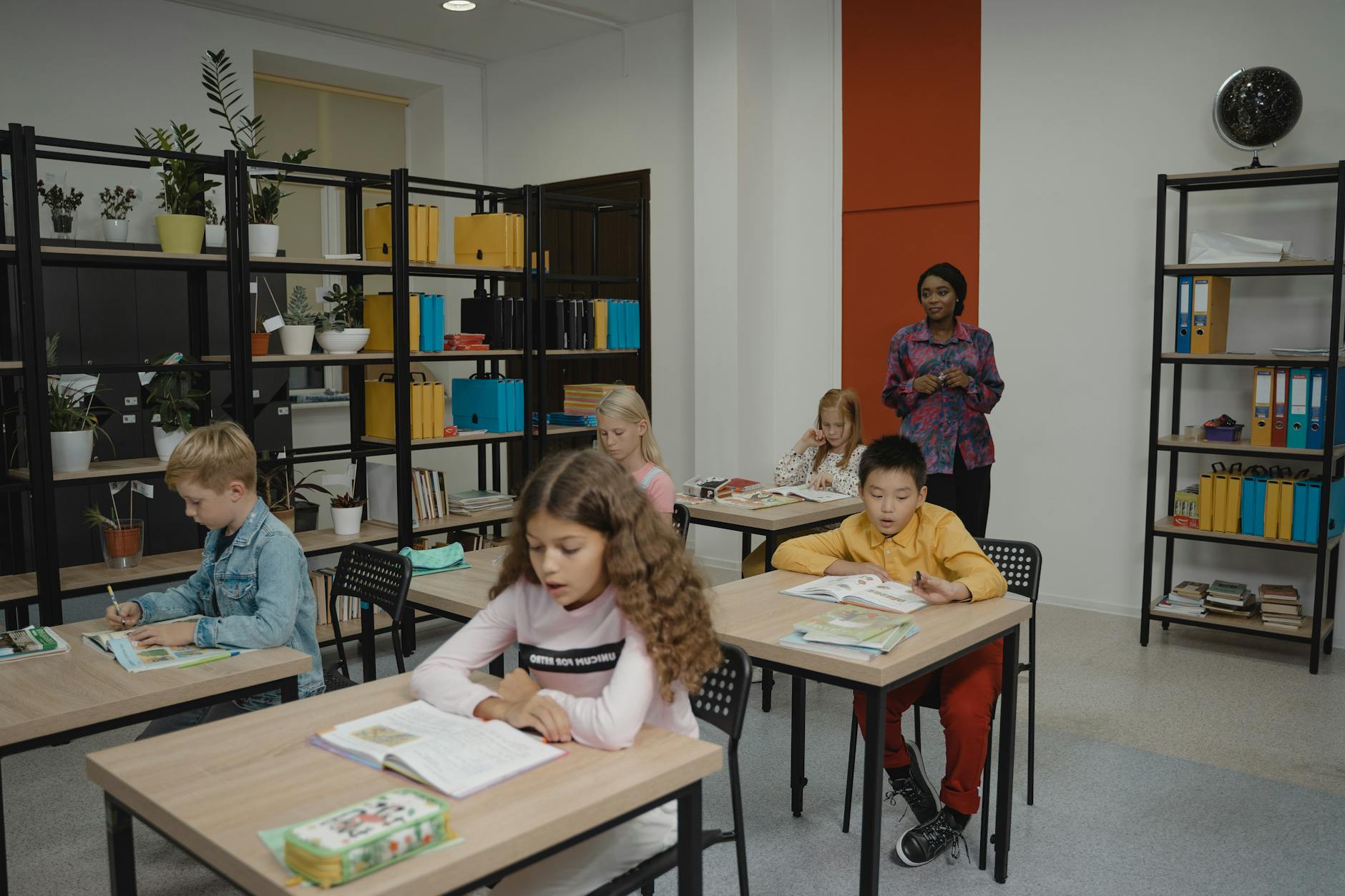How to Enhance Urban Spaces for Aged Care in Australia

Assessing Current Urban Designs
Evaluating Existing Infrastructure
Every urban designer faces the fascinating task of evaluating existing infrastructure, particularly in a city as dynamic as Melbourne. The key is to identify how these structures support or detract from an inclusive urban environment. Many will find inspiration in Federation Square, a shining example of innovative design. Its public spaces serve as a focal point for urban life, encouraging social interactions and cultural exchanges. Yet, a nuanced evaluation requires understanding both traditional and modern layouts while considering how infrastructure aligns with evolving community needs.
Identifying Accessibility Limitations
Accessibility remains a cornerstone of urban design, but it's essential to scrutinise limitations in existing structures. With a critical eye, assess whether pathways, entrances, and facilities accommodate those with varying needs. This review could reveal the need for advanced design tactics learned through specialised courses, such as the cert 3 in individual support. These insights can inform ways to improve access and mobility, making urban spaces more inclusive and enjoyable for everyone.
Examining Social and Recreational Spaces
The value of quality social and recreational spaces cannot be overstated. These areas offer urban populations the chance to relax, connect, and engage in communities. Consider the layout of Melbourne's Docklands, which integrates sustainable designs to foster community interaction. By examining such spaces, you gain insights into optimal design features that enhance the functionality and appeal of recreational areas. Urban planners can benefit greatly from educational resources, including courses like the cert 3 childcare, which provide expertise in creating environments where both children and adults thrive.
Prioritizing Accessibility
Creating Barrier-Free Pathways
Incorporating barrier-free pathways into urban landscapes is crucial for inclusivity, particularly in aged care settings. These pathways should cater to those with mobility challenges, ensuring easy navigation. It's vital to integrate ramps, tactile indicators, and wide pavements that accommodate wheelchairs and walking aids. The aged care courses in Australia emphasize these aspects, equipping urban planners with the necessary skills to design spaces that are accessible and welcoming for all residents. By observing examples like the open pathways in Docklands, we can draw inspiration for sustainable design solutions that facilitate ease of movement and safety.
Enhancing Public Transport Options
A robust public transport system forms the backbone of an accessible urban environment. It's essential to consider how improvements can enhance routes and facilities, making them user-friendly for the elderly and individuals with disabilities. Conducting assessments can reveal necessary upgrades, such as low-floor buses and improved access points at train stations. Drawing inspiration from Melbourne's focus on accessibility, planners can look at initiatives aimed at inclusivity. Through practical courses and workshops, including those in early childhood education, professionals are gaining insights into designing transit systems that are both efficient and considerate of all demographics.
Ensuring Facility Compliance
Ensuring that urban facilities comply with accessibility standards is non-negotiable. Compliance not only fosters inclusivity but also enhances the overall quality of life for city residents. Urban planners need to stay informed of the latest standards and regulations, continuously implementing updates in their projects. By leveraging local insights, such as the sustainable designs featured at Federation Square, planners can create environments that are not just compliant but also aesthetically pleasing. Ultimately, prioritising accessibility benefits everyone in the community, setting a new standard for urban living.
Designing Inclusive Environments
Integrating Technology in Layouts
In Australia's vibrant urban settings like Melbourne, it's crucial to weave technology into urban design. As we stroll through the stunning Federation Square, one can only marvel at how well digital elements are integrated into the aesthetic harmony of the space. Taking inspiration from such designs, we can revolutionize aged care settings by considering the use of smart lighting and digital wayfinding systems that improve navigation for older adults. The availability of aged care courses online can equip urban planners with skills to create tech-friendly environments, ensuring that these spaces meet the diverse needs of all residents.
Enhancing Safety Features
Safety is a non-negotiable element when designing inclusive environments. Drawing parallels to the secure, well-planned precincts of Melbourne’s Docklands, planners can adopt similar principles to enhance safety in aged care and community spaces. Features such as anti-slip flooring and strategically placed emergency stations can prevent accidents and provide reassurance. By incorporating knowledge from childcare courses online, professionals can understand safety requirements across generational needs, making spaces like these more inclusive and safe for everyone.
Designing Multi-Generational Spaces
Emulating the lush, interconnected networks of Melbourne's public gardens, such as the Royal Botanic Gardens Victoria, urban spaces should welcome all age groups. This approach not only fosters intergenerational interactions but also maximizes urban space utility. Designing spaces that encourage both leisure and interaction can lead to stronger community bonds. With the guidance available from professional planners, we can build sustainable, inclusive environments that cater to every demographic, mirroring the diverse offerings seen in Melbourne’s green spaces.
Incorporating Nature and Green Spaces
Green spaces play a crucial role in fostering an inclusive and healthy urban environment. As urban planners, we need to create opportunities that intertwine nature with our urban landscapes while championing sustainability. Embedding these designs can lead to enriching experiences, much like the transformative influence seen in gardens or green communal spaces.
Developing Community Gardens
Incorporating community gardens into urban settings encourages environmental stewardship and creates social convergence points where residents can interact and connect. Designing these spaces requires careful consideration of accessibility for all age groups, especially the elderly. This aligns with the vision behind Melbourne's Royal Botanic Gardens Victoria, aiming for inclusivity through well-planned paths and adaptive gardening setups suitable for older adults. These spaces not only cultivate fresh produce but also enrich community ties.
Designing Therapeutic Landscapes
Therapeutic landscapes contribute profoundly to the mental and physical well-being of urban residents. Incorporating features such as sensory gardens and quiet reflective zones can be invaluable, especially in aged care facilities. This is where landscape design meets human care, offering spaces that calm the mind and rejuvenate the soul. Incorporating design elements like permeable pathways and strategically placed seating can significantly enhance accessibility and comfort.
Promoting Biodiversity in Urban Areas
Promoting biodiversity within city limits can lead to positive environmental and social changes. Integrating native plant species and creating habitats for local wildlife not only enhances the ecological balance but also fosters a sense of place and community pride. Encourage participation in biodiversity programs by offering informational workshops or aged care online courses that highlight urban biodiversity and its impact on well-being.
Best Practices for Progressive Urban Design
Collaborating with Community Stakeholders
In the realm of urban design, particularly within Melbourne's iconic districts like Federation Square, it is paramount to regularly engage with community stakeholders. Maintaining an open dialogue fosters a sense of ownership and ensures that design initiatives reflect the needs and preferences of local residents. Design charrettes and workshops can serve as effective platforms for gathering diverse perspectives and gaining local insights that may not otherwise be evident when crafting urban landscapes.
Experimenting with Pilot Projects
When considering introducing new elements into urban landscapes, it’s prudent to first experiment with pilot projects. Take a lesson from the Docklands, where sustainable design and temporary installations have been used to gauge public interaction and identify any unforeseen issues. By crafting a flexible plan that can be iteratively refined, we can fine-tune the integration of elements such as nature-centric installations and smart infrastructure. This approach minimizes risk and paves the way for successful long-term implementation.
Adopting Exemplary Global Strategies
We can also glean vital lessons from international models of urban planning. Observing initiatives that have effectively transformed cities into greener and more sustainable places can guide our own efforts. For example, implementing strategies seen in cities with extensive public gardens or enhanced public transportation systems can be transformative. By tailoring these global successes to local contexts, and incorporating them with our urban flora from the Royal Botanic Gardens Victoria, we inspire innovation and sustainability within our own cityscapes.


